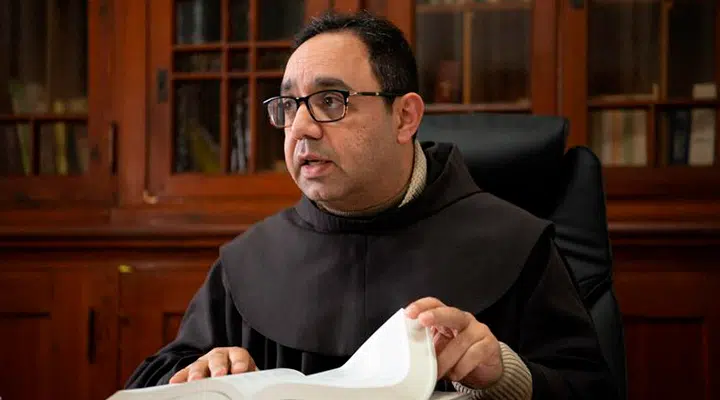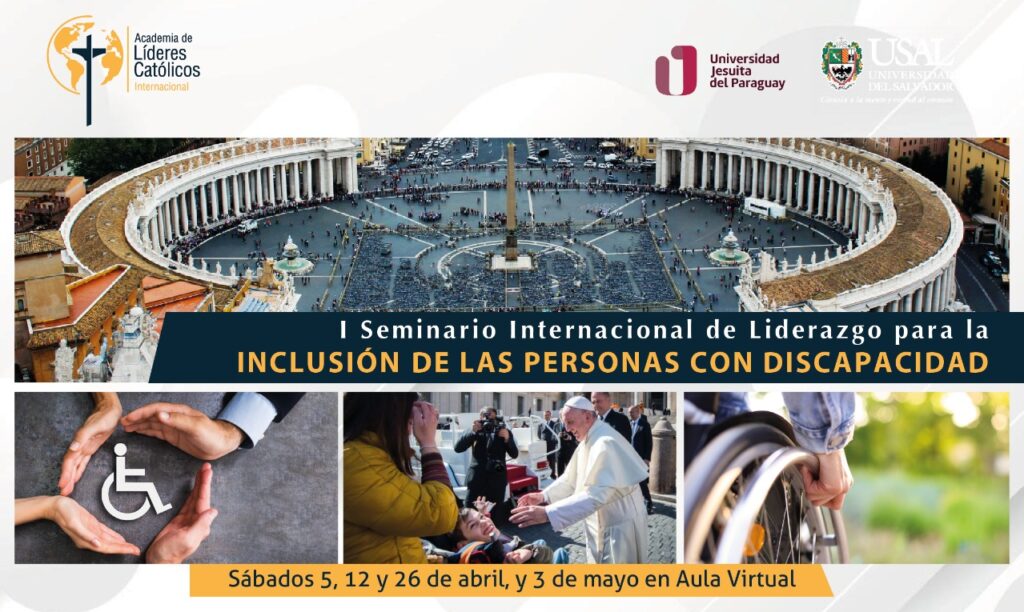Mentally ill people will be able to request euthanasia in Spain
The Ministry of Health has met with the autonomous communities to agree on the reform of the Manual of Good Practices on Euthanasia to include mental illness as a reason for requesting it. The draft of the Organic Law on the Regulation of Euthanasia (LORE) indicates that euthanasia “does not exclude mental illness, allowing people […]

The Ministry of Health has met with the autonomous communities to agree on the reform of the Manual of Good Practices on Euthanasia to include mental illness as a reason for requesting it.
The draft of the Organic Law on the Regulation of Euthanasia (LORE) indicates that euthanasia “does not exclude mental illness, allowing people with an unbearable suffering due to the presence of a mental illness to request the Aid to Dying Benefit (PAM) on equal terms with those whose suffering comes from a somatic illness”.
In addition, the text states that “a comprehensive psychopathological evaluation is required to identify those people who could benefit from the PAM due to a mental disorder due to the presence of a serious, chronic and disabling illness or a serious and incurable psychiatric illness”.
Likewise, it is necessary to “discard those people who present mild or moderate symptoms of depression or anxiety, since these conditions are susceptible to treatment and improvement, excluding them from access to PAM.”
This is not the first reform to be made to the Manual of Good Practices, since in 2023 three modifications were already proposed:
1. To stop protecting the pharmacist’s right to object to euthanasia in the event that the master formulation or the preparation of drug kits is necessary to administer euthanasia, and to reserve the objection to the health personnel directly involved in that practice.
2. To create the figure of the reference nurse in euthanasia, since in most cases he is in charge of supplying the medication to the patient.
3. To establish the nature of the Manual of Good Practices of Euthanasia, because for some experts it is a standard, but for others it is not.
ALS patients
On the other hand, the European Court of Human Rights does not allow assisted suicide for a patient with Amyotrophic Lateral Sclerosis (ALS).
Dániel Karsai, a Hungarian lawyer, applied in June to the European Court for permission to receive assisted suicide due to the suffering he suffers from his illness.
The request was a challenge to Hungarian law, which prohibits assisted suicide, since if someone helped him receive assisted suicide, even in a country where this practice was allowed, that person could be prosecuted, since Hungarian law would apply to him.
The applicant explained that, since some patients are allowed to have life support withdrawn, not allowing him to receive assisted suicide would amount to discrimination, but the court considered that withdrawing life support was different from helping someone to die. They considered that it had more to do with whether or not the patient accepted informed consent than with providing help to die to someone, as established by the Oviedo Convention of the Council of Europe.
The court also considered that palliative care could provide the applicant with relief from his pain during the final stage of his life.
Bioethical assessment
On the one hand, the legal changes undertaken in Spain to include mentally ill patients as candidates for euthanasia and assisted suicide, together with the attempt to restrict the exercise of conscientious objection by pharmacists with respect to their intervention necessary for euthanasia practice, are worrying symptoms of the phenomenon known as the “slippery slope”, which occurs in all countries that legalize euthanasia.
The initial restrictions on its application are being relaxed as time passes since its legalization, including patients with mental illness, minors or, simply, healthy people with no desire to continue living, as is happening in countries with a longer tradition of euthanasia.
The application of euthanasia to mentally ill patients on the grounds that their pathologies are serious and incurable makes one think that any serious and incurable illness would justify it, although there are palliative methods that, without curing the patient, improve their condition to the point of controlling the refractory symptoms that are the main source of their suffering.
The inexorable advance of practices far removed from what is understood by medical acts, inserted in a culture of death that disdains life, specifically of the weak and dependent, betrays the meaning of medicine and the respect due to dignity and human rights.
Mental illness seriously challenges the capacity of affected patients to make free and responsible decisions in the exercise of their autonomy, as is the case with children who are subjected to euthanasia in some countries.
The fallacy that respect for the will of patients is the main factor that encourages the legalization of euthanasia and assisted suicide is made clear when it is intended to be applied in circumstances in which the capacity for autonomous decision-making is seriously compromised.
Secondly, the intended application of euthanasia or assisted suicide to patients with ALS constitutes a further step in the generalization of the application of euthanasia and the gradual relaxation of the initial restrictions.
The withdrawal of life support means is not acceptable unless it is an extraordinary means, initially authorized by the patient himself and who currently requests that they be withdrawn and only in circumstances in which their maintenance entails additional suffering without the possibility of therapeutic relief.
When these circumstances occur, its withdrawal does not constitute a euthanasia act, but rather an adaptation of the therapeutic effort, in the exercise of good clinical practice.
Quality palliative care, which includes the care of the patient in all his physical, psychological and spiritual dimensions, together with its family or emotional environment, constitutes the correct clinical practice that provides help to live, not to die, to the patient who is experiencing the end of his vital stage.
Julio Tudela – Ester Bosch – Bioethics Observatory – Life Sciences Institute – Catholic University of Valencia
Related

Saint Josemaría, 100 Years of Priesthood: A Legacy That Transcends Borders
Exaudi Staff
28 March, 2025
2 min

Father Marwan: “The Holy Land needs pilgrims. We need their consolation”
Fundación CARF
27 March, 2025
4 min

Large families are once again concerned about the lack of support such as school lunch grants or access to preschools
Exaudi Staff
26 March, 2025
1 min

Call for Applications to the First International Leadership Seminar for the Inclusion of Persons with Disabilities
Exaudi Staff
25 March, 2025
2 min
 (EN)
(EN)
 (ES)
(ES)
 (IT)
(IT)

